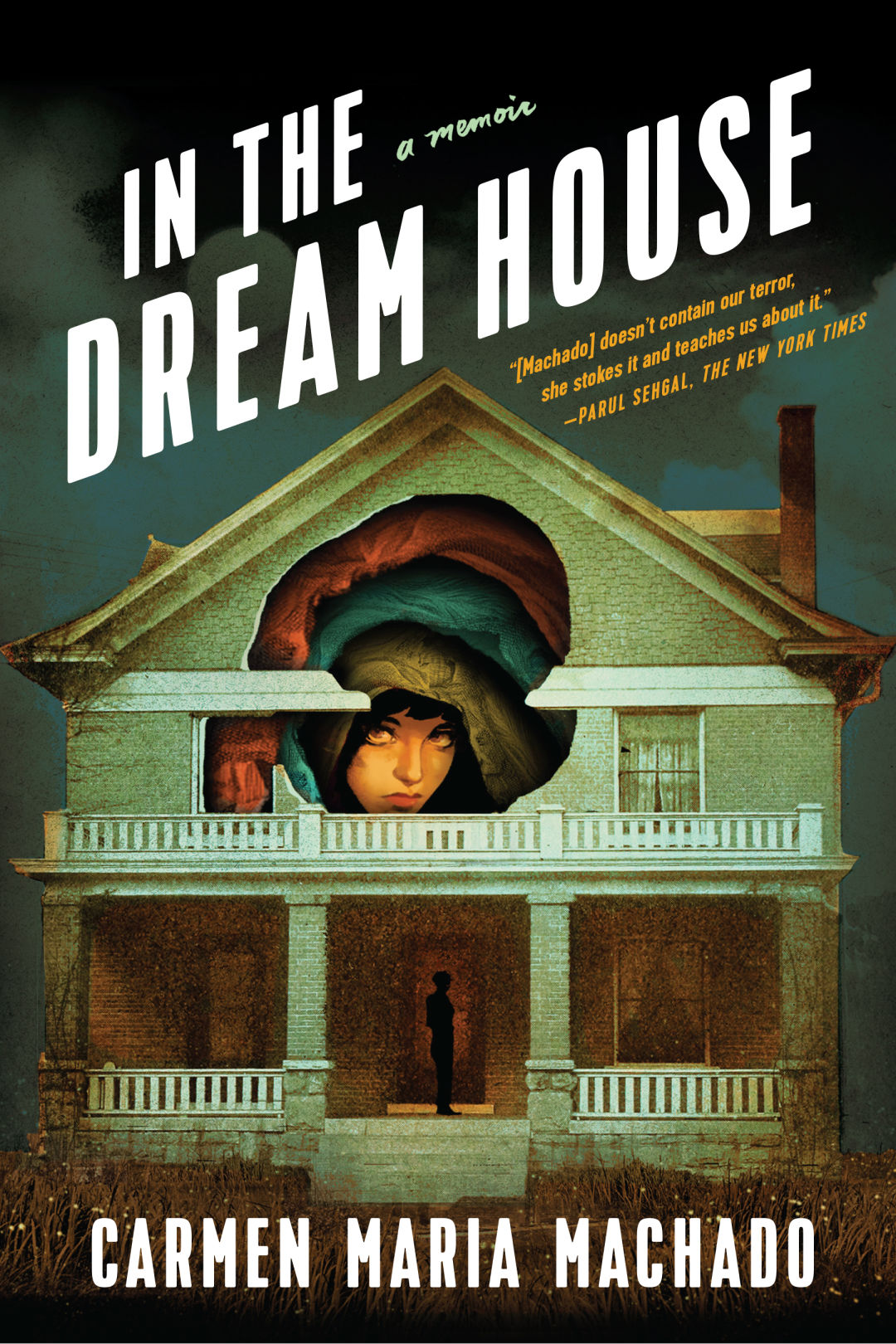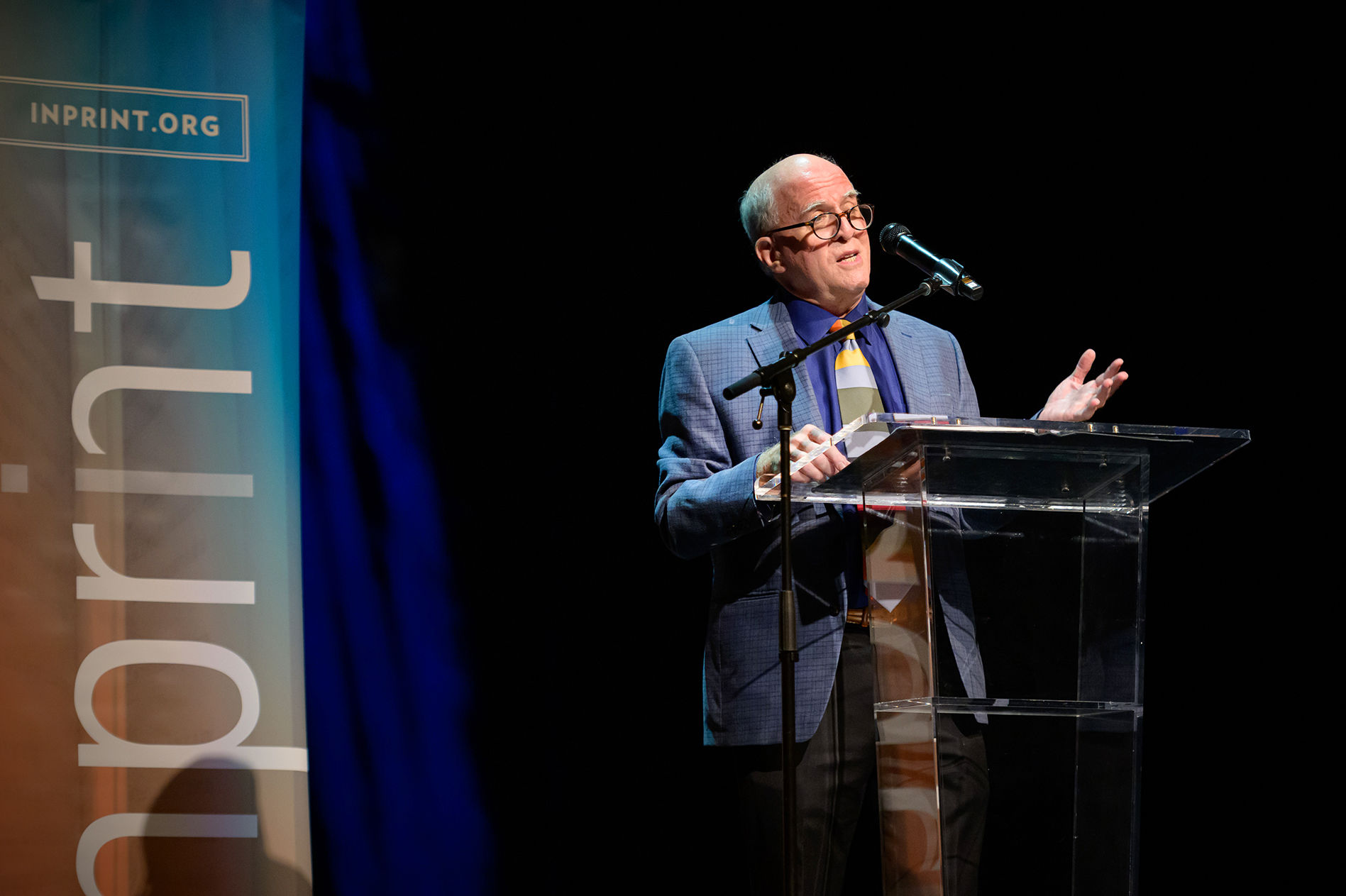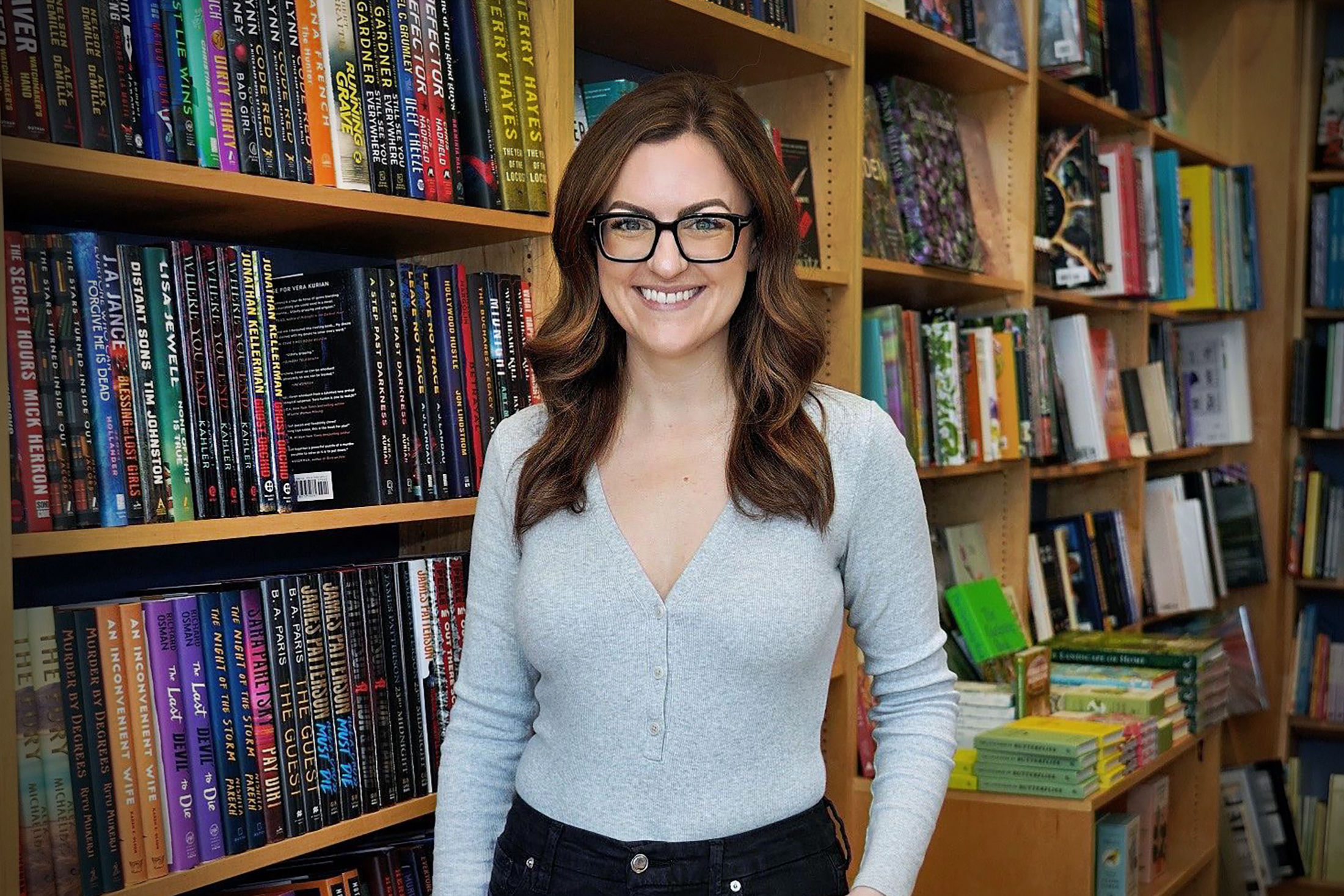Carmen Maria Machado Talks Memoir Vs. Fiction Ahead of InPrint Reading

Image: Courtesy of Graywolf Press
Carmen Maria Machado took the literary world by storm in 2017 with her debut book, Her Body and Other Parties, a gathering of haunted, wicked, and wild short stories. The book became a sensation, garnering widespread critical acclaim and going on to become a National Book Award finalist as well as a Shirley Jackson Award winner.
Two years later in 2019, Machado made another splash with the publication of her memoir, In the Dream House, in which she considers her relationship with a complicated and mercurial woman that began to sour into something malignant. As she reckons with her experience, Machado shifts through genres and conventions, using the “Dream House” as a way to explore variations on different themes, such as abuse, survival, release, growth, and becoming.
On Monday, Jan 27, Machado will read from In the Dream House as she headlines the fourth night of Inprint’s 2019-2020 Margarett Root Brown Reading Series with Carolyn Forché. We caught up with Machado to talk about her newest book.
As I read In the Dream House, I kept thinking about a line from “The Husband Stitch,” which opens your collection of short stories: “There are true things in this world observed by only a single set of eyes.” Did writing something so personal—like a memoir— evoke that same sort of sensation?
"The hardest thing about writing nonfiction is that you're trying to explain your thoughts and experiences to people and explain it in a way that they will understand, which is basically the hardest thing to do as a person, I think. To do that and make it beautiful and interesting is a really tall order. It’s really hard to do that well. You’re trying to explain to people, 'Here’s an experience I had. Here’s a feeling I had.' It’s harder than fiction in that way, I feel, because at least in fiction you can kind of move things around in a way that suits you. But with nonfiction, you don’t have that luxury. So, you’re trying to explain what you think, and it’s really hard to know what you think about stuff. At least I think so. I find it very difficult to explain what’s going on in my head, and I feel like we’re in this world where everyone respects a fast take or opinion. But to say that you have a lot of complicated feelings and you’ve been thinking about something for three years—it was a challenge on multiple levels in that way."
I felt an echo of that line in the chapter “Dream House as Folklore Taxonomy,” where you write that “the story always looks a little different, depending on who is telling it.” What was the one thing you felt like you needed to get across or have people understand when putting your version of this story into the world?
"For me, one of the trickiest parts of writing the book was not just talking about queerness but talking about psychological and verbal abuse and the way in which those things are complicated. We want abuse to look like something specific, and yet, other people’s experiences have borne out other realities. I wanted to be able to explain that in a way that made sense and explain why it’s so hard to see that for what it is. That’s a hard thing to wrap your mind around, even if you have studied this topic for years. To explain it to a reader and to explain it as a writer is very, very complicated. It took a lot."
In your overture, you undercut the idea of the prologue as “tedious” and then follow it up with a prologue, a rhetorical move that I loved. How did you go about writing your prologue and epilogue, and where did that fall in the timeline of writing the book?
"So, they actually came fairly late. The material that I read about archival silence came to me completely by accident—I had sort of written around the idea, but without any sort of accompanying academic scaffolding because I didn’t know of any. And then I just had a chance encounter with a friend of a friend—my spouse was describing my project to this person, and they said, 'Has she done any research on archival silence?' And Val said no, and the friend sent me all of this material on the topic. And it was weird, because I felt the hole of that existing in the book, and then the hole was filled by this stranger.
"There’s this entire body of work about this, and I was reading Saidiya Hartman, and was like, This is f*****g perfect; this is so perfect for everything. So that worked out well. It was funny though, because I wrote that intro and felt really good about it and liked it, and it pleased me. And then my editor sort of commented that he loved it and it was great, but it was a little weird that I was opening up a memoir with someone else’s words. And so, I was thinking, What could come before this? So, I was thinking about prologues and introductions and epilogues and paratexts and how I really hate prologues and find them tedious and boring. And then I went and wrote my own fucking prologue and was like, I’m just going to call out my s**t right away. Just so everyone knows that I know."
Is it weird to write an epilogue to a part of your life that you’ve lived through and moved past?
"It’s weird. But it was a thing that came to me because the whole time I was writing the book, I was like, How the f**k am I going to end this thing? I didn’t know what the ending was. And I wrote into it for a while—where’s the ending, I don’t know, let me tell you how I don’t know where the ending is. It’s really hard to say. And I’d written these various sections in the book that were about writing the book in some form or another. I thought I could end the book on one of those notes, looking into the future, et cetera, et cetera. That ended up being what I did. It’s circling the future, but I also wanted it to be fairly light on commentary because I’d already done a lot of that. I wanted it to be this meditative moment where there’s a future and forwardness to it because it’s set so far after the events of the book."
It wraps it up in a good way: “Here is where my life went” versus “Here’s a bunch of new ideas and commentary.”
"Exactly. You’ve now read all this s**t about me, and here’s this one peaceful moment from my own future—but actually my past—but that’s going to give you some kind of idea. And then boom, out. You know? Ultimately, I actually really liked it, and it worked out better than I had anticipated."
Jan 27. Tickets $5. Alley Theatre, 615 Texas Ave. More info and tickets at inprinthouston.org




